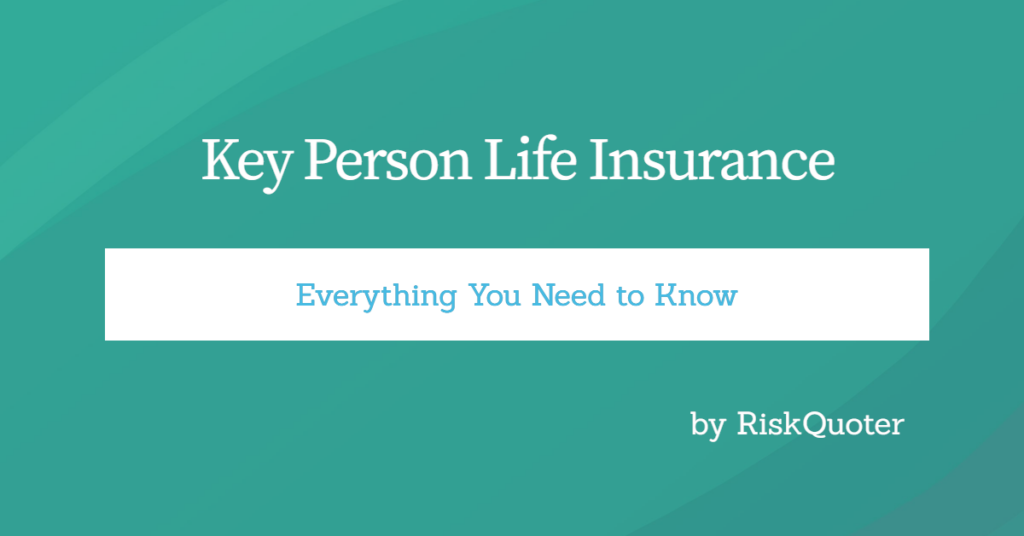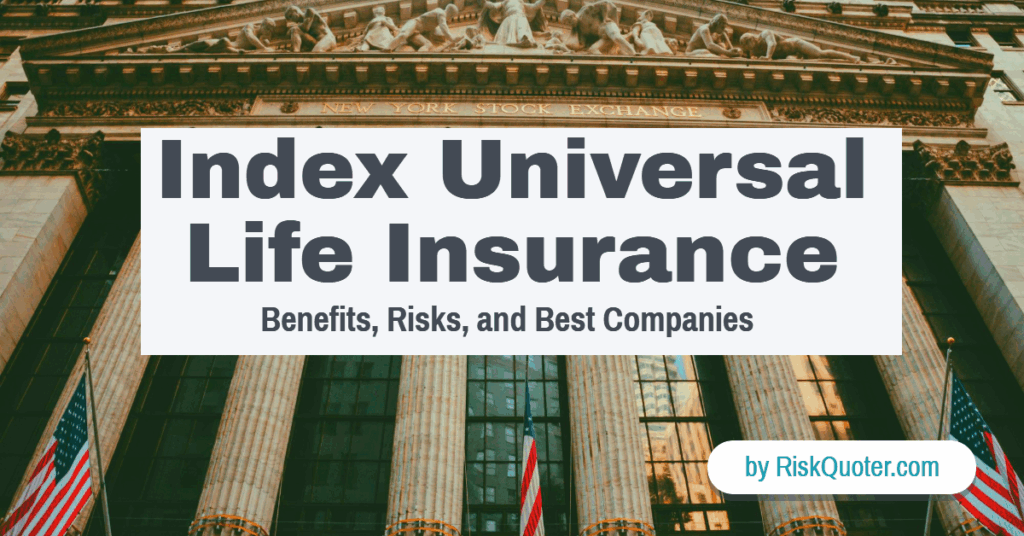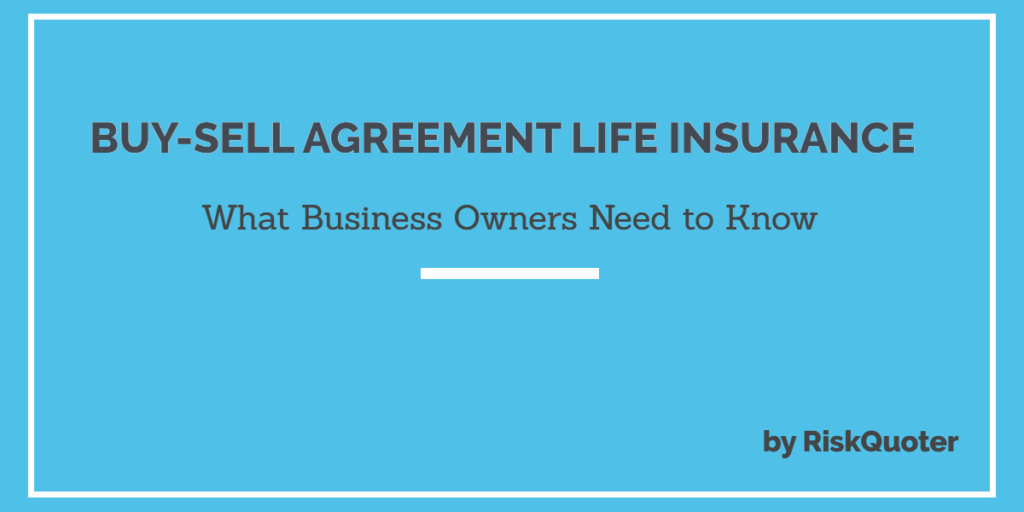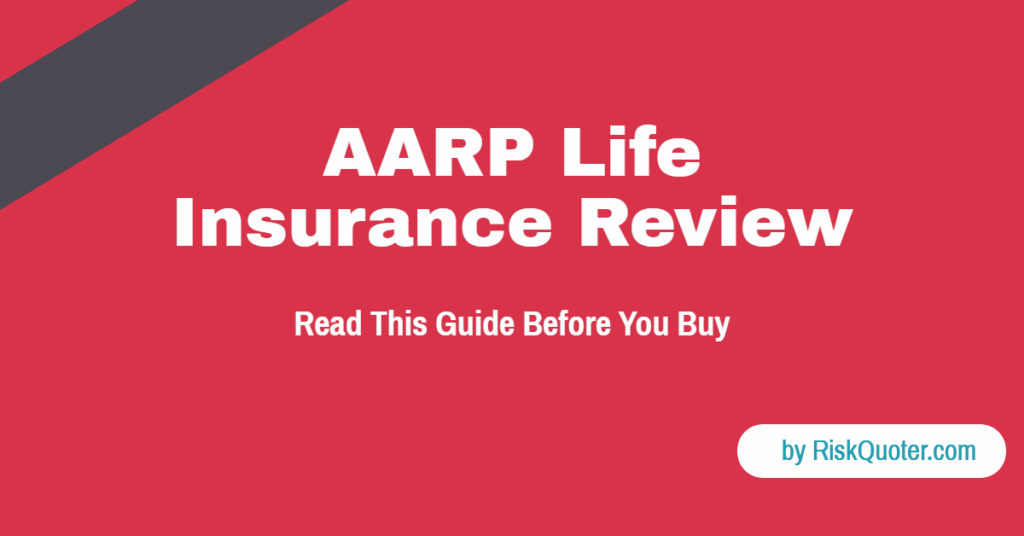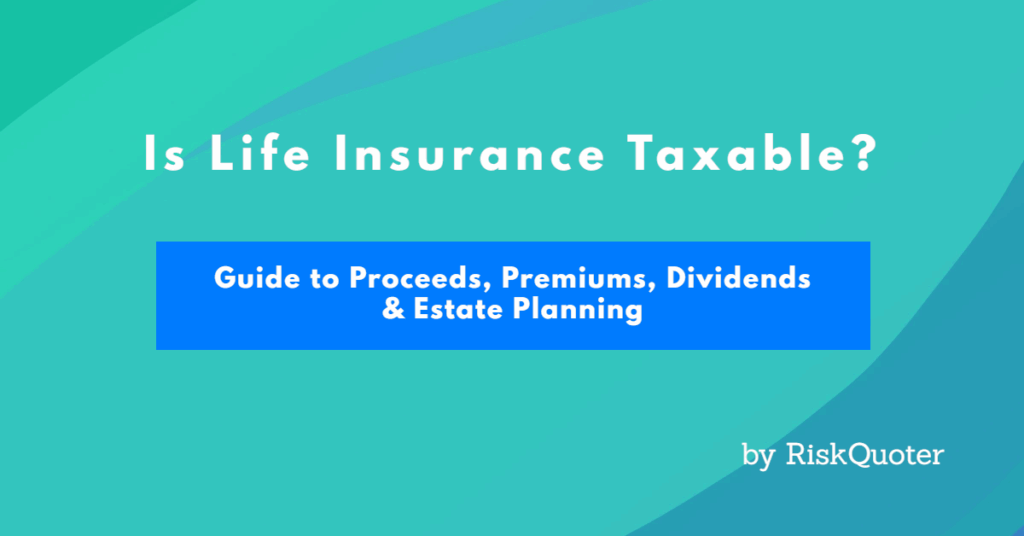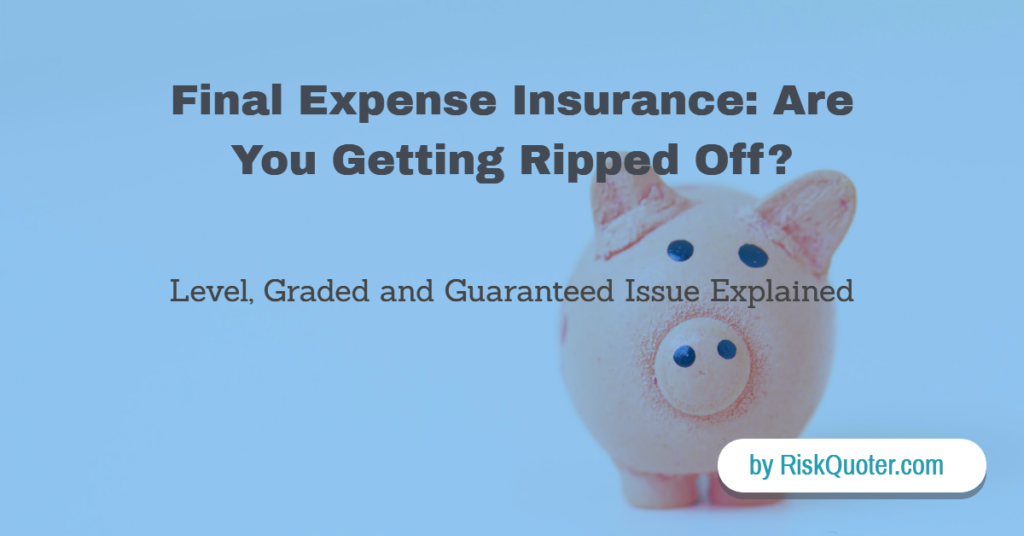Have you ever considered how your business would fare if a key person – a top executive, partner, owner, or essential employee suddenly passed away?
Key person life insurance helps you safeguard your company from this type of loss.
This guide gives you everything you need to make an informed decision about key person life insurance.
At RiskQuoter, we’ve been helping business owners get the coverage they need at the best life insurance rates since 1998.
What is key person life insurance?
Key-person coverage is a type of life insurance bought by a business to protect it financially from losing an executive, partner, owner, or employee whose death would negatively impact the business.
Having coverage gives you time to react to the untimely death by providing you with cash flow as you go through the mourning process and search for a new employee.
Who are your key employees?
Key employees keep the company up and running. Without them, the business could suffer irreparable financial losses.
Key employees may be any of the following:
- Executives of the company
- Business partners
- Employees with specialized knowledge
- Owners of the company
The business owns the policy, pays the premiums, and receives the death benefit in case of a keyman loss.
Why Your Business Needs Key Person Life Insurance
Five critical reasons for buying key person life insurance are when that key person:
- Has unique talents that are difficult to replace.
- Brings in a large portion of your sales.
- Is the owner of a business you are buying.
- Owns the business and the SBA bank requires it for collateral purposes.
- Are an executive, and the business is bringing in investors.
Calculating the Financial Impact
Once you have identified your key people, it’s crucial to determine the financial impact their death would have on the business. The business is the owner and beneficiary of any policy.
Considerations include lost income and business opportunities for the company, as well as the potential for closure if the key person can not be replaced.
And when you need life insurance quickly, we have companies that offer $500k life insurance – no medical exam needed!
Companies review your medical records using Human API and check your file with the MIB.
Skipping the paramed exam requirement may save you weeks of underwriting time.
And while you’re addressing the need for key person coverage, another coverage you should consider is buy-sell life insurance.
If you’ve never applied for life insurance, check out our guide – Life Insurance 101. This is our basic guide and tells you everything you need.
Key Person Life Insurance and Taxes – What You Need to Know
Here’s our disclaimer – We do not provide tax, accounting, or legal advice. You need to consult your professionals for advice on taxes, accounting, and/or legal advice.
Generally speaking:
- Key person life insurance premiums are not tax deductible
- Premiums are not taxable income to the employee
- Death benefit proceeds are exempt from income taxation
Now would be a good time for you to reread our disclaimer. Here’s why.
Some pitfalls and situations could subject life insurance proceeds to taxation.
Check taxation issues with your CPA before buying life insurance, especially if you plan to use it for supplemental retirement income.
You may also want to check out the AICPA life insurance program if you’re a CPA.
Employer-owned life insurance is subject to taxation unless it meets specific notice and consent requirements before the policy is issued and if certain exceptions apply.
The Pension Protection Act of 2006 is worth reading as it contains related information.
If you haven’t read our disclaimer (it’s highlighted above)
The Internal Revenue Code spells out the details as to when death benefits may/or may not be taxable.
Remember, your tax, accounting, and legal advisors are the people to ask about key person life insurance taxation.
Choosing the Right Policy – Types of Key Person Life Insurance
Types of key-person life insurance policies include:
- Term life insurance
- Universal life insurance
- Index Universal Life Insurance
- Return of Premium (ROP)
- Whole life insurance
For most businesses, the type of life insurance most often used is a term life insurance policy, which provides the death benefit needed at the lowest price.
You can get term lengths as short as one year or as long as 40 years.
Key Person Riders and Conversion
As part of a larger picture, you may want to consider coverage that can be used later on as part of a golden parachute package for key people.
Adding riders for chronic and critical illnesses, disability, etc., will enhance the policy’s value for the future.
Get a term policy with an excellent life insurance conversion privilege. You may be able to sell the policy later via a life settlement.
If you are in the marijuana industry and need key person coverage, we now have a marijuana-friendly life insurance company available.
FAQ
You have questions about key person life insurance, and we have the answers.
Final Thoughts
Get a quote today, and we’ll contact you to review the details and ensure you have the right policies to protect your business.
Your business should consider key person life insurance if the death of those key people would financially impact your business.
In addition to key person life insurance, you should consider keyman disability coverage.
Recent Articles

